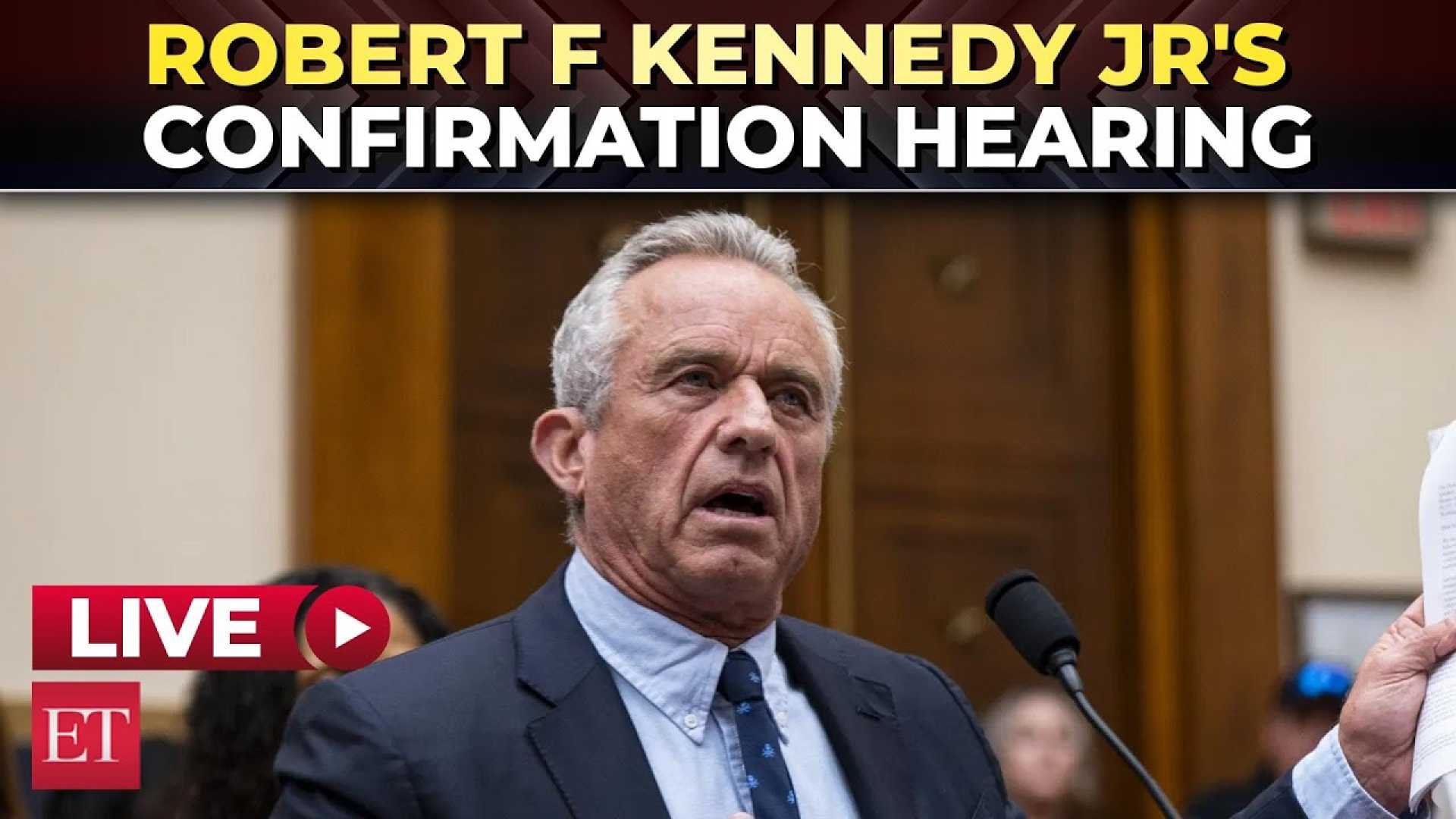Politics
RFK Jr. Dismisses Vaccine Science in Contentious HHS Confirmation Hearing

WASHINGTON (AP) — Robert F. Kennedy Jr., President Donald Trump’s nominee for Secretary of Health and Human Services, faced intense scrutiny during his Senate confirmation hearings this week, as lawmakers grilled him over his controversial stance on vaccines and public health. Kennedy, a prominent vaccine skeptic, repeatedly dismissed scientific consensus on vaccine safety, raising concerns among health experts and lawmakers about his fitness for the role.
During two days of hearings before the Senate Committee on Health, Education, Labor and Pensions, Kennedy insisted he was not anti-vaccine but refused to acknowledge decades of research showing vaccines do not cause autism or that COVID-19 vaccines saved millions of lives. He also falsely claimed the U.S. lacks adequate vaccine safety monitoring systems, despite multiple robust systems in place.
Sen. Bill Cassidy, R-La., a physician, presented Kennedy with definitive scientific evidence debunking the link between vaccines and autism. Kennedy dismissed the findings, citing a flawed study that Cassidy himself acknowledged had “some issues.” Cassidy warned that Kennedy’s history of undermining vaccine confidence could harm public health and tarnish Trump’s legacy if preventable diseases resurge.
Health experts expressed alarm over Kennedy’s approach to science. Dr. Sean O’Leary of the American Academy of Pediatrics criticized Kennedy for cherry-picking studies and ignoring mainstream research. “He ignores science. He cherry-picks sometimes fraudulent studies,” O’Leary said. “We are already seeing decreases in the number of cases of HPV-related cancers as a result of HPV vaccination.”
Kennedy’s nomination has drawn sharp criticism from Democrats, who accused him of “relitigating settled science” and diverting resources from critical health issues. Sen. Bernie Sanders, I-Vt., pressed Kennedy on his past claims linking vaccines to autism, to which Kennedy replied he would apologize if shown the data. Sanders retorted, “Your job was to have looked at those studies as an applicant for this job.”
Republicans, however, largely defended Kennedy. Sen. Rand Paul, R-Ky., argued that the causes of autism remain unknown and criticized what he called an overreliance on vaccine mandates. “We don’t know what causes autism, so we should be more humble,” Paul said, drawing applause from Kennedy supporters in the audience.
Kennedy, a scion of the Kennedy political dynasty, has long been a controversial figure due to his vaccine skepticism and environmental advocacy. He briefly ran for president as a Democrat in 2023 before switching to an independent bid and ultimately endorsing Trump. If confirmed, Kennedy would oversee 18 federal agencies, including the Centers for Disease Control and Prevention and the Food and Drug Administration.
The Senate Finance Committee has yet to schedule a confirmation vote. With Republicans holding a narrow majority, Kennedy can afford to lose only three GOP votes if Democrats unite against him. Sens. Susan Collins, R-Maine, and Lisa Murkowski, R-Alaska, are among the potential Republican defectors.
Kennedy’s confirmation would mark a significant shift in U.S. health policy, as he has pledged to focus on chronic diseases, overhaul dietary guidelines, and promote a healthier lifestyle. However, his controversial views on vaccines and public health continue to cast a shadow over his nomination.












